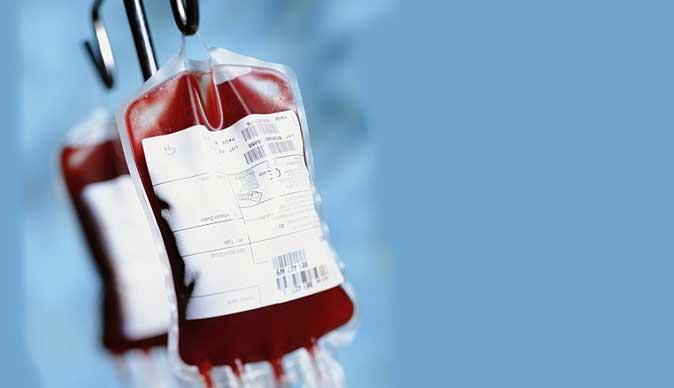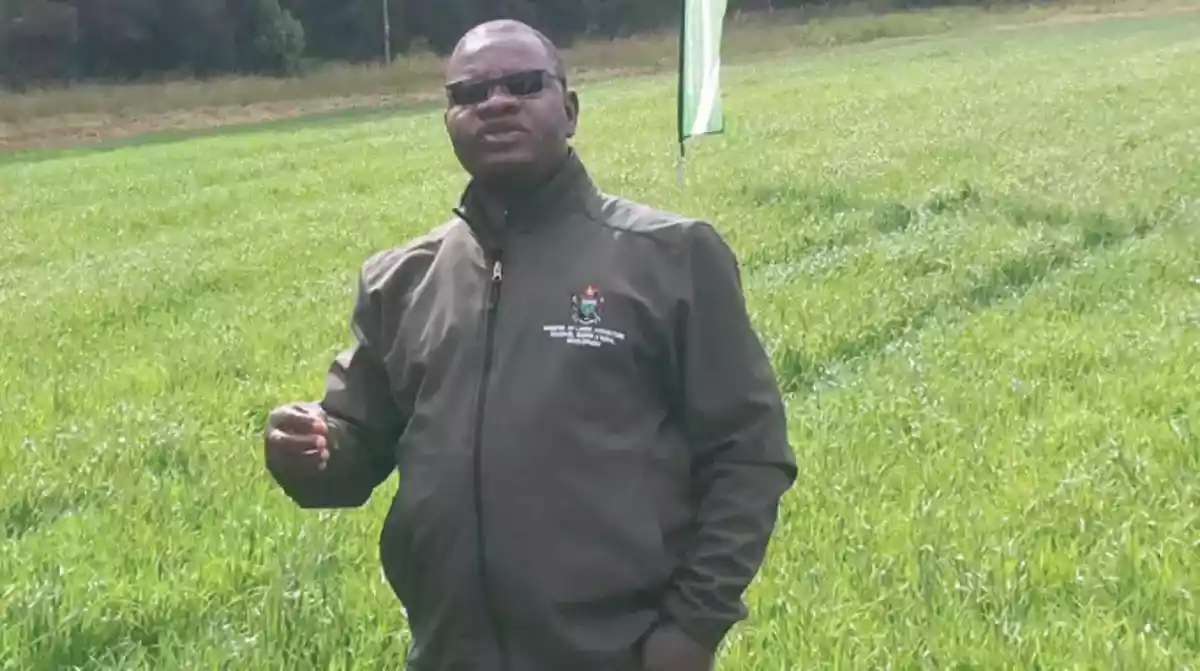
Anemia can be a very serious condition which can come with a lot of complications if it is not corrected.
On average, the World Health Organisation estimates that close to 800 000 people succumb to both direct and indirect effects of anemia yearly in the world.
It is sad to note that a majority of these patients could not have passed on if anemia was corrected in time.
Epidemiological studies have shown that close to 2 billion people in this world will at one time be troubled by anemia, a condition where there are few healthy red blood cells or haemoglobin.
Hemoglobin is a protein that carries oxygen to the tissues of our bodies at the same time giving the red pigments to our blood.
Blood levels may go down due to a number of factors which include failure of the body to manufacture health red cells due to shortage of vital vitamins and ions in the blood. Included here are folic acid, iron, vitamin B12 and vitamin C. Anemia can arise from sudden loss of blood from such conditions as hemorrhage as a result of injuries, road traffic accidents, bleeding disorders while some other patients can haemolyse their red cells from such conditions as malaria, cancer, liver diseases etcetera.
When one’s hemoglobin level goes below 6, it is imperative to consider blood transfusion as that can be a very dangerous situation which can come with multiple complications which can include severe incapacitating fatigue, heart failure or death. This calls for the availability of blood and blood products to be ready for transfusion as failure to access such golden products can be very fatal.
In Zimbabwe, blood is collected, processed and administered by the National Blood Transfusion Services, (NBTS) a registered private entity.
It is the only organisation in the whole of Zimbabwe that is involved in blood management. it has stood the test of time although the demand for blood has always surpassed the supply. The unfortunate scenario has resulted in extreme shortages of blood, putting the lives of many people in medical jeopardy.
The most pitiful thing today is the unbearable cost of blood in Zimbabwe today. It was not long ago when the cost of blood was going for about US$140 for one pint, alas, the same blood is going for around US$330 per pint. It’s a pity that a farmer would need to sell a whole beast in order to purchase one pint of blood. How many people will then afford blood for transfusion? How many lives are being lost because of failure to purchase the required blood?
We understand NBTS incurs huge costs in trying to process blood but I cannot understand why the cost just sky-rocketed by US$200 within a few months. In Zambia, the same pint of blood costs between US40—80 and that is likely due to government of Zambia subsidising the blood. Many lives can be saved with cheaper availability of blood and we can have a better country as health and development are symbiotic.
As medical practitioners, we need to foster health promotion and taking cognizance of the key strategies of health promotion, advocacy remains a viable option. Our government should immediately chip in especially on the issue of subsidising blood and blood products. The ministry of Finance should consider the plight of patients in our country as the spiraling costs of special and life-saving medical commodities continue to threaten humanity. I do understand the 2% tax on transactions can be of great value on this issue.
Questions still linger why only one company has the licence to collect and process blood 43 years after independence. Can government not license some more companies so the burden does not fall on NBTS alone? If we are to achieve Vision 2030, then it is time we implement all necessary health measures in a bid to reduce both morbidity and mortality.
Let us all work toward the achievement of Vision 2030. Let the nation have adequate health. The price of blood should be reachable for the benefit of everyone in the country. Today it is you who would require blood after an accident, so let us cooperate.










